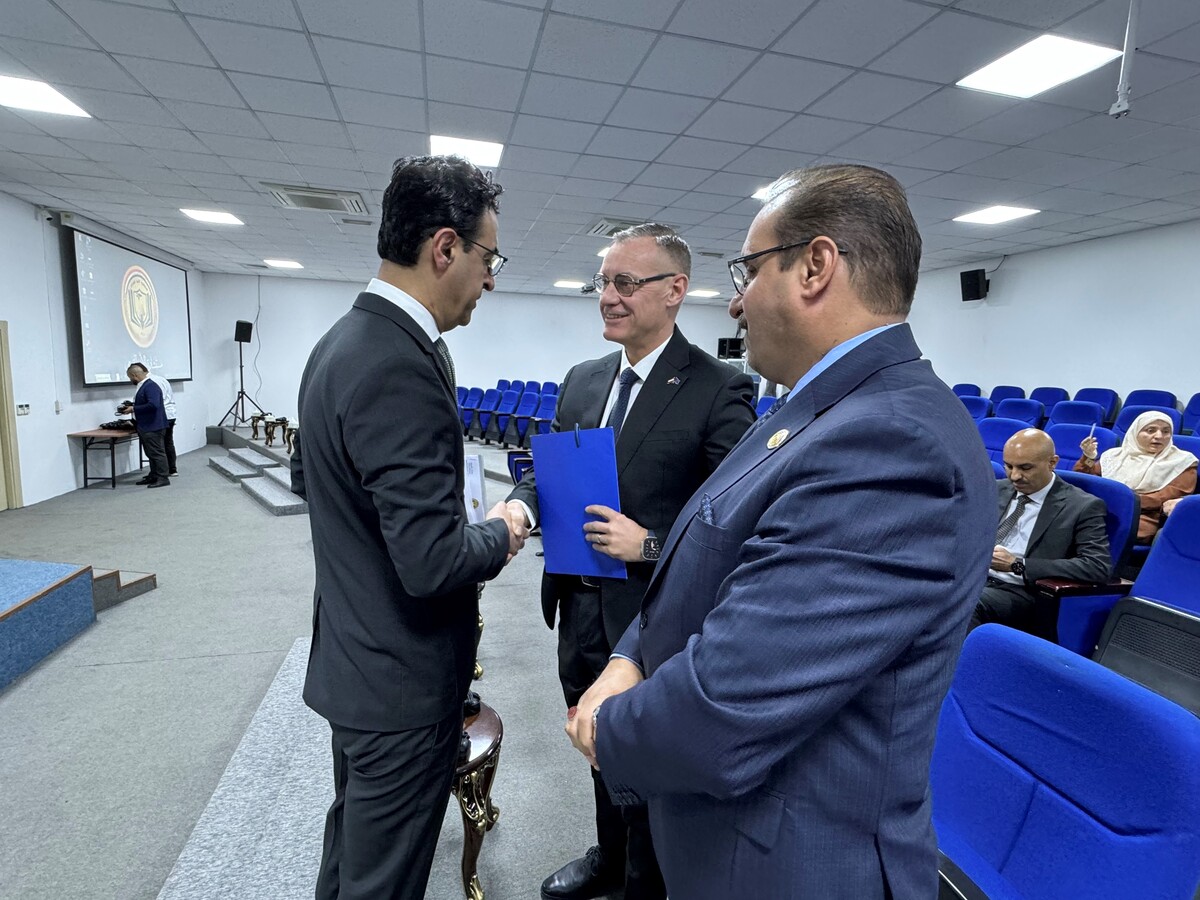The National Security Advisory in cooperation with EUAM Iraq and Clingendael Institute, successfully conducted the "Climate Security is National Security" dialogue series with a final event in Baghdad. The consolidated findings from the previous conferences held in Erbil and Basra will contribute to develop policy recommendations for the Iraqi government as part of the development of the new National Security Strategy. Representatives of the government, civil society, non-governmental organisations, and experts in climate policy affairs discussed climate-related security challenges in Iraq with the audience.
Iraq is committed to make climate action a priority
The Director General of the National Center of Joint Planning, Dr Ali Abdul Aziz Al-Yasery, emphasised in his opening speech the commitment of Iraq making climate action a government’s priority. Anders Wiberg, Head of EUAM Iraq, underlined that climate-related security challenges are a whole-of-government and whole-of-a-society effort. All law enforcement agencies, other government bodies as well as the people and the civil society have to be involved.
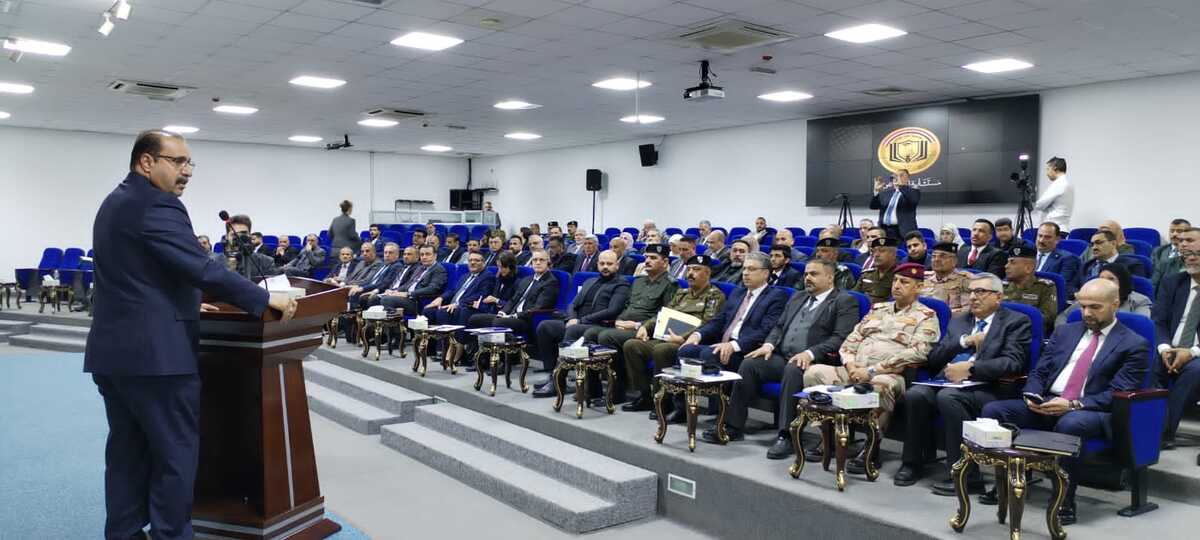
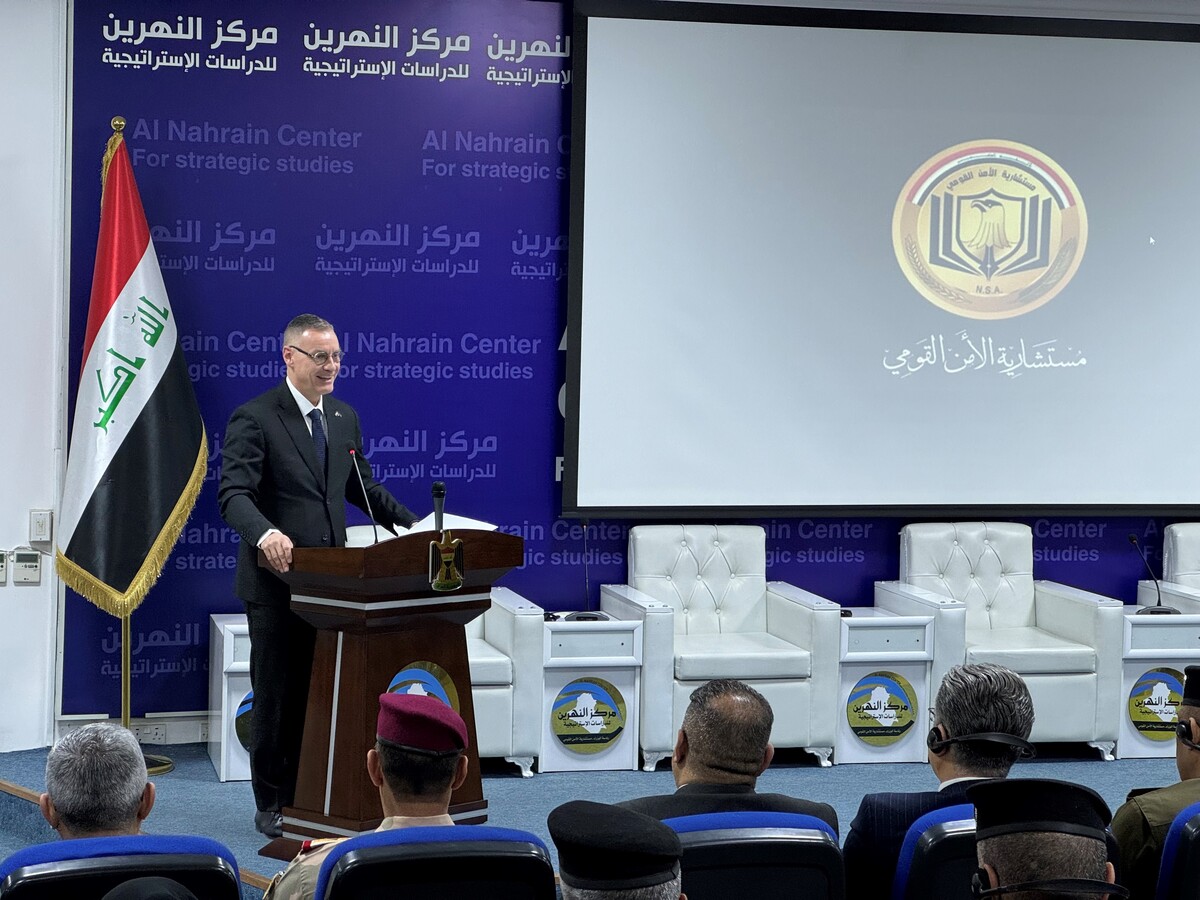
During the panel discussions, deputy ministers acknowledged climate change as a critical threat to national stability and underscored the importance of integrated policy analysis and action plans. The deputy governors and representatives of different Iraqi governorates presented the challenges they face and actions to mitigate the effects. During the final discussion, the speakers answered the auditors’ questions. A short film under the title “عطش العراق” (Thirsty Iraq/Lack of Water) raised awareness on the urgent need of action.
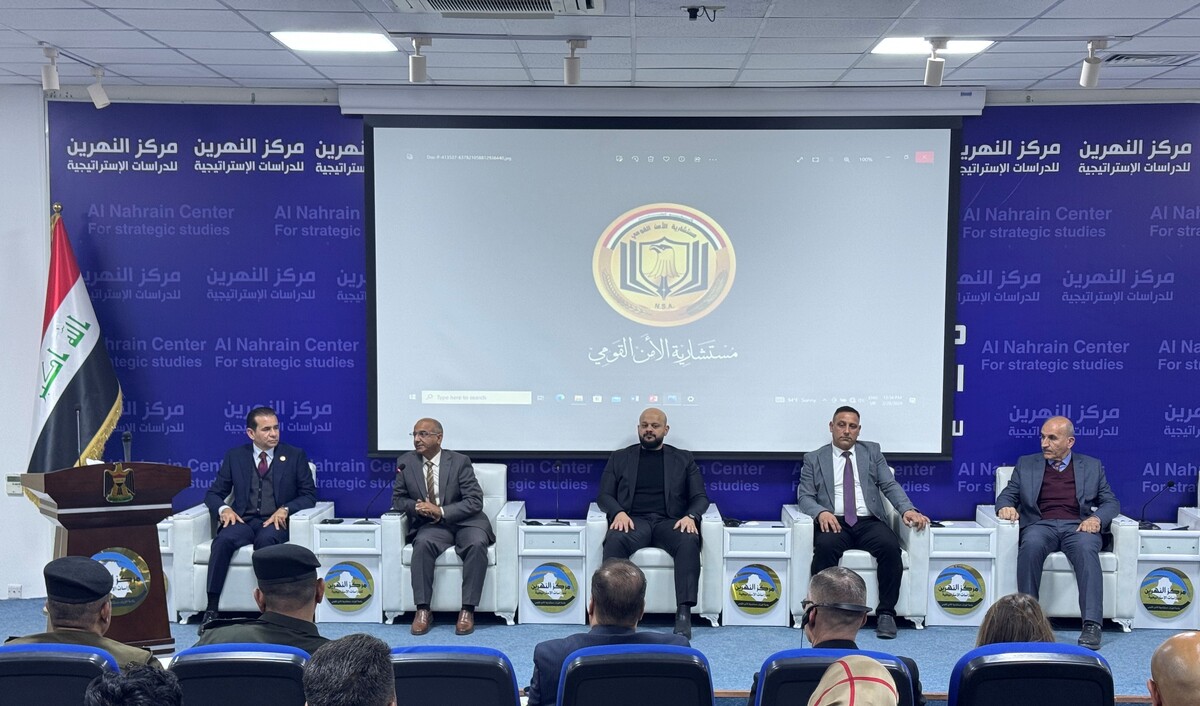
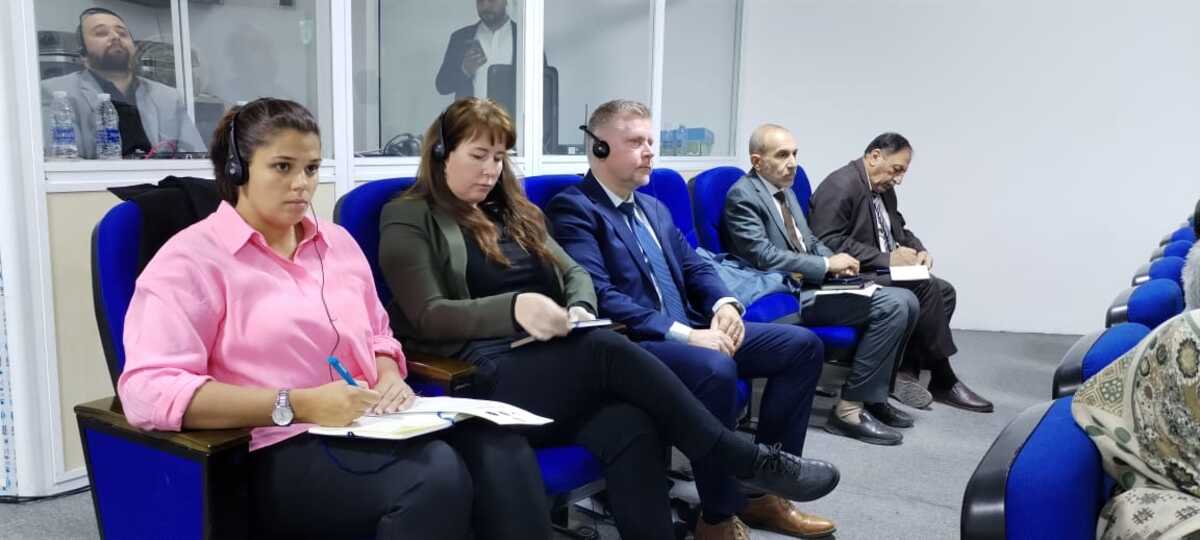
Iraq is one of the countries in the world worst affected by climate change.
Climate security refers to the impact of the climate crisis on peace and security. Climate change can trigger competition for natural resources, insecure livelihoods, and mass displacement, thus increasing the risk of social tensions and instability. It constitutes a significant threat to national security. Iraq is one of the countries in the world worst affected by climate change. Around 92% of Iraqi land is threatened by desertification and temperatures, which are increasing seven times faster than the global average (source: United Nations Iraq).
“Our efforts in supporting the National Security Advisory to integrate climate security in the new National Security Strategy follows a comprehensive approach, including dialogues, permanent advisory as well as benchmarking trips to Europe.” said the Head of EUAM Iraq.
